Maine Aquaculture Hub, Maine Sea Grant and the Maine Aquaculture Association team up
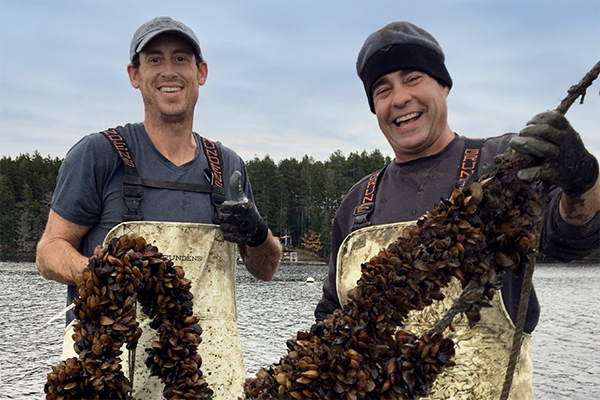
A collaboration of three organizations has produced a 10-year plan for Maine aquaculture, saying that $15 million is needed to strengthen the growing sector and the state’s working waterfronts.
Released by the Maine Aquaculture Hub, Maine Sea Grant and the Maine Aquaculture Association, The Maine Aquaculture Roadmap, 2022-2032, proposes four major goals: Streamline the licensing and permitting process to balance applicant and public rights; educate Maine communities about aquaculture; expand and promote the Maine seafood brand; and become a leader in social, economic and environmental performance.
“As we deal with climate-driven change to wild-caught fisheries, Maine’s aquaculture industry is crucial to the resilience of our coastal economy,” said Maine Department of Marine Resources Commissioner Patrick Keliher. “There is great opportunity for continued development in this industry, and the Roadmap will ensure that its growth is guided by expertise, insight and ideas from the wide array of stakeholders.”
The state’s aquaculture sector nearly tripled its sales from $50 million in 2007 to $137 million in 2014, according to the latest Maine Aquaculture Economic Impact Report. The Roadmap was developed with feedback from approximately 150 stakeholders representing nearly 100 organizations and companies operating in Maine. Each of the four goals includes 23 suggested action items and the associated costs – a total of $15 million, including the support of 24 full-time employees.
“After two years of community work, we are pleased to share The Roadmap which summarizes the perspectives of diverse stakeholder groups and outlines their vision for the future of aquaculture in Maine,” said Sebastian Belle, Executive Director of the Maine Aquaculture Association.
“The Roadmap means a lot to my family because it provides a framework for aquaculture for generations to come. Aquaculture is clearly a priority for Maine, and we needed a forward-looking, research-driven plan to responsibly sustain Maine’s marine farming sector. Now we have one that supports Maine’s farm families and the future of the working waterfront,” said Fiona de Koning, shellfish farmer and owner of Acadia Aqua Farms in Bar Harbor.
The Maine Aquaculture Hub is a network of organizations that includes Maine Sea Grant, the Maine Aquaculture Association, the University of Maine Aquaculture Research Institute, the Maine Aquaculture Innovation Center and Coastal Enterprises, Inc.
Follow the Advocate on Twitter @GSA_Advocate
Now that you've reached the end of the article ...
… please consider supporting GSA’s mission to advance responsible seafood practices through education, advocacy and third-party assurances. The Advocate aims to document the evolution of responsible seafood practices and share the expansive knowledge of our vast network of contributors.
By becoming a Global Seafood Alliance member, you’re ensuring that all of the pre-competitive work we do through member benefits, resources and events can continue. Individual membership costs just $50 a year.
Not a GSA member? Join us.
Author
Related Posts
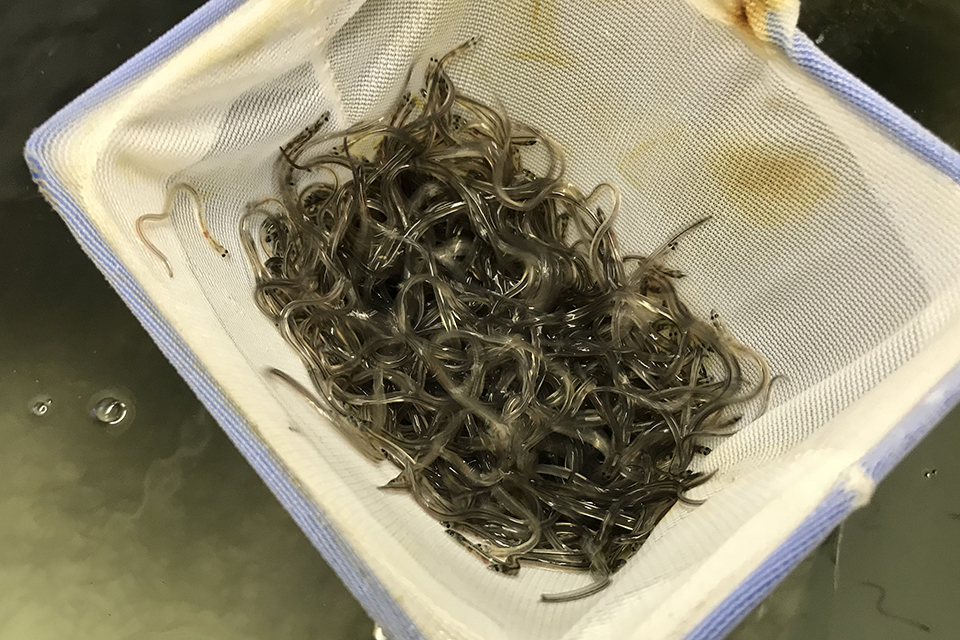
Intelligence
American Unagi breaks ground on land-based eel farm in Maine
Eel producer American Unagi has broken ground on a 27,000-square-foot recirculating aquaculture system near the coast of Maine.
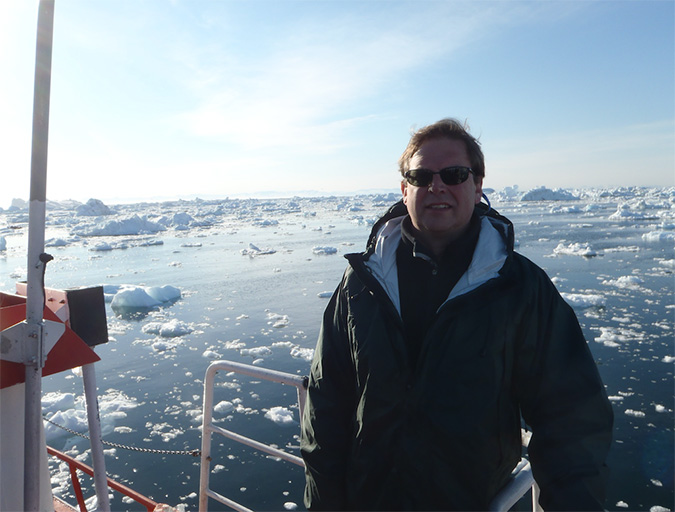
Innovation & Investment
Aquaculture Exchange: Sebastian Belle
The executive director of the Maine Aquaculture Association talks to the Advocate about the diverse and growing industry in his state (oysters, mussels, kelp, eels and salmon) and how aquaculture should be used as a rural development tool.
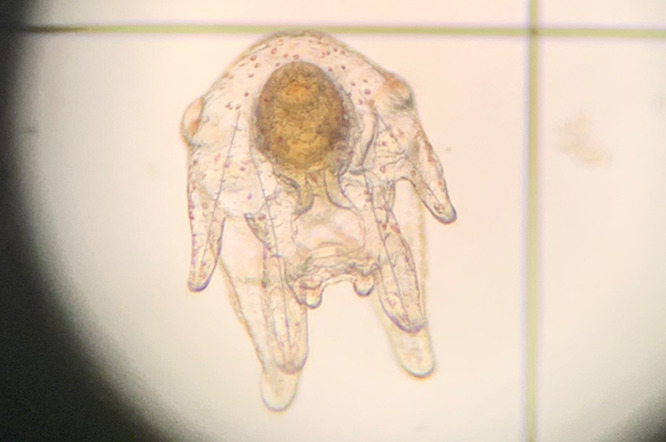
Intelligence
An urchin opportunity awaits in New England
To both restore waterways and meet a growing demand for the so-called “foie gras” of the sea, researchers are stepping up efforts to restore green sea urchins.
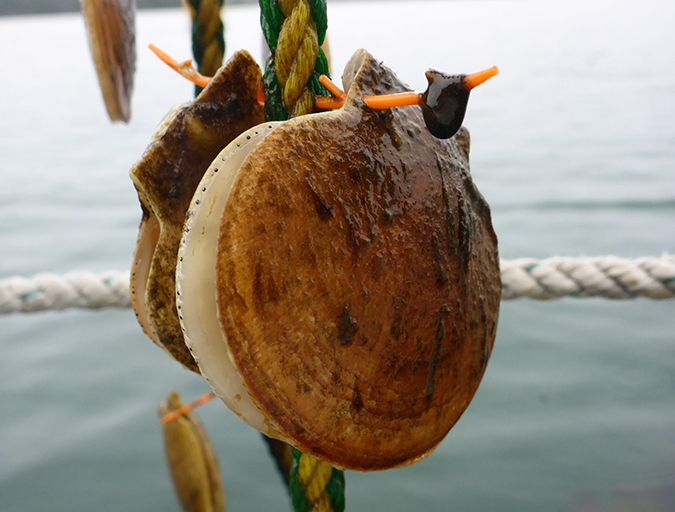
Innovation & Investment
Maine scallop farmers get the hang of Japanese technique
Thanks in part to a unique “sister state” relationship that Maine shares with Aomori Prefecture, a scallop farming technique and related equipment developed in Japan are headed to the United States. Using the equipment could save growers time and money and could signal the birth of a new industry.



